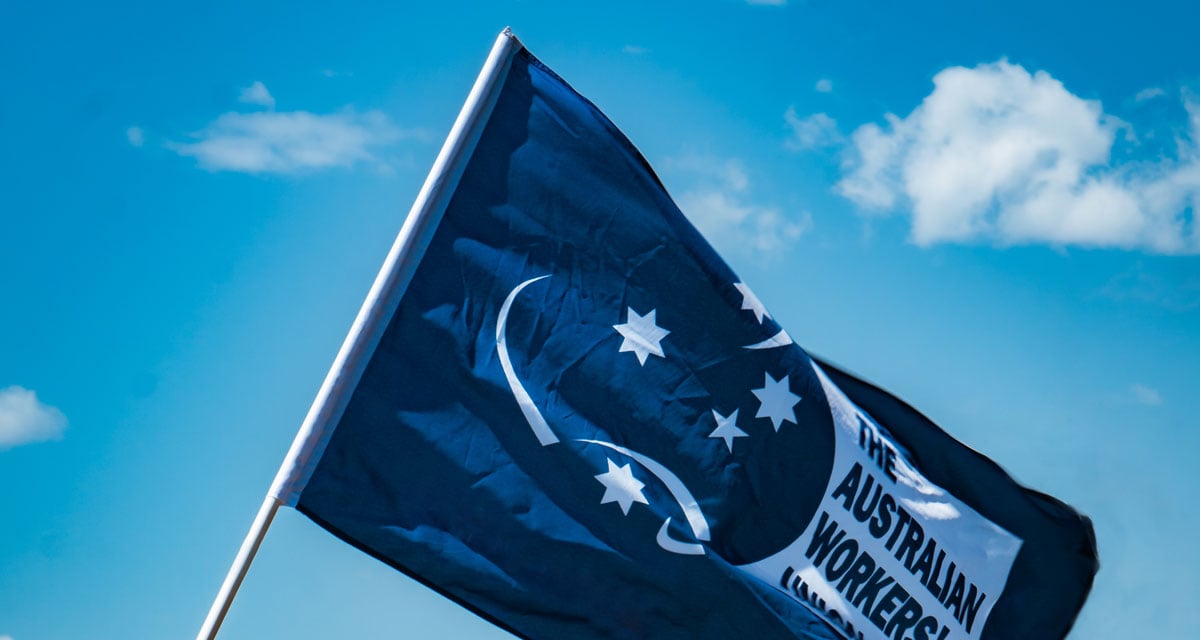
AWU Secures Key IR Reforms Against Silica Dust Risks
The AWU’s long-running campaign to expose the true extent of silica dust in NSW tunnels has led to important legal reforms, including new powers for SafeWork NSW and more rights for union organisers to monitor at-risk worksites and prosecute WHS breaches.
A significant legislative package to expand both psychological and physical WHS protections has passed NSW parliament. This builds on important legislation passed last year, aimed to prevent exposure to deadly silica dust across any worksite that may be at risk.
Crucially, these new laws expand the rights of entry permit holders to take measurements, conduct testing, take photos and videos while at the workplace, with testing for silica exceedances in tunnelling specifically mentioned.
They also expand a union’s ability to prosecute WHS breaches. Currently, unions can prosecute serious WHS offences, and the amendments will clarify the procedure of how these prosecutions will work.
The laws also contain increased transparency and dispute resolution, which will allow employers, unions and workers to have unresolved WHS disputes heard independently by the Industrial Relations Commission. For example, an employer can appeal a provisional improvement notice (PIN), or a union can challenge a decision of SafeWork NSW to not take action.
In 2024, the AWU unearthed tens of thousands of documents under a NSW parliamentary order, which showed systemic negligence across the tunnelling sector. Workers were frequently exposed to dangerous levels of dust, up to 208 times the legal limit. 1 in 3 air quality tests taken during construction of the Metro City and Southwest projects between 2016 and 2020 breached workplace exposure standards. 13 workers on the M6 Stage 1 roadway have been diagnosed with silicosis; one was just 32 years old.
AWU Assistant National Secretary Chris Donovan says this legislation is crucial to ending a growing occupational disease crisis in NSW. “Companies repeatedly failed to protect workers from a deadly substance and took every opportunity to sweep the evidence under the rug.”
“What has happened is not isolated to one employer. This systemic disregard for basic work health and safety occurred at every level – from the employer, to the regulator, to the government department. Tunnelling companies and SafeWork NSW knew about dangerous levels of dust since 2017 and did nothing.
“It’s simply a travesty that organisers trying to exercise their legal right of entry to monitor dust were locked out, while employers deliberately hid the results of their own testing from workers, their union, and the public.”
NSW Branch Secretary Tony Callinan says the legislation will empower the union to act much more quickly if hazardous levels of silica dust exposure are suspected. “What these reforms mean is we can finally go in and hold employers to account,” he says.
“Our organisers will now have the power to monitor for unsafe levels of dust, record evidence, and the union now has a clear pathway to prosecute those employers who fail to keep their workers safe.”
“This is a huge moment for all civil construction workers in NSW. For years, the AWU has been calling for action on the disastrous levels of silica dust exposure on our construction sites. Finally, someone is listening.”
https://awu.net.au/national/news/2025/07/22796/awu-wins-vital-ir-changes-in-fight-to-prevent-deadly-silica-dust-exposure/

